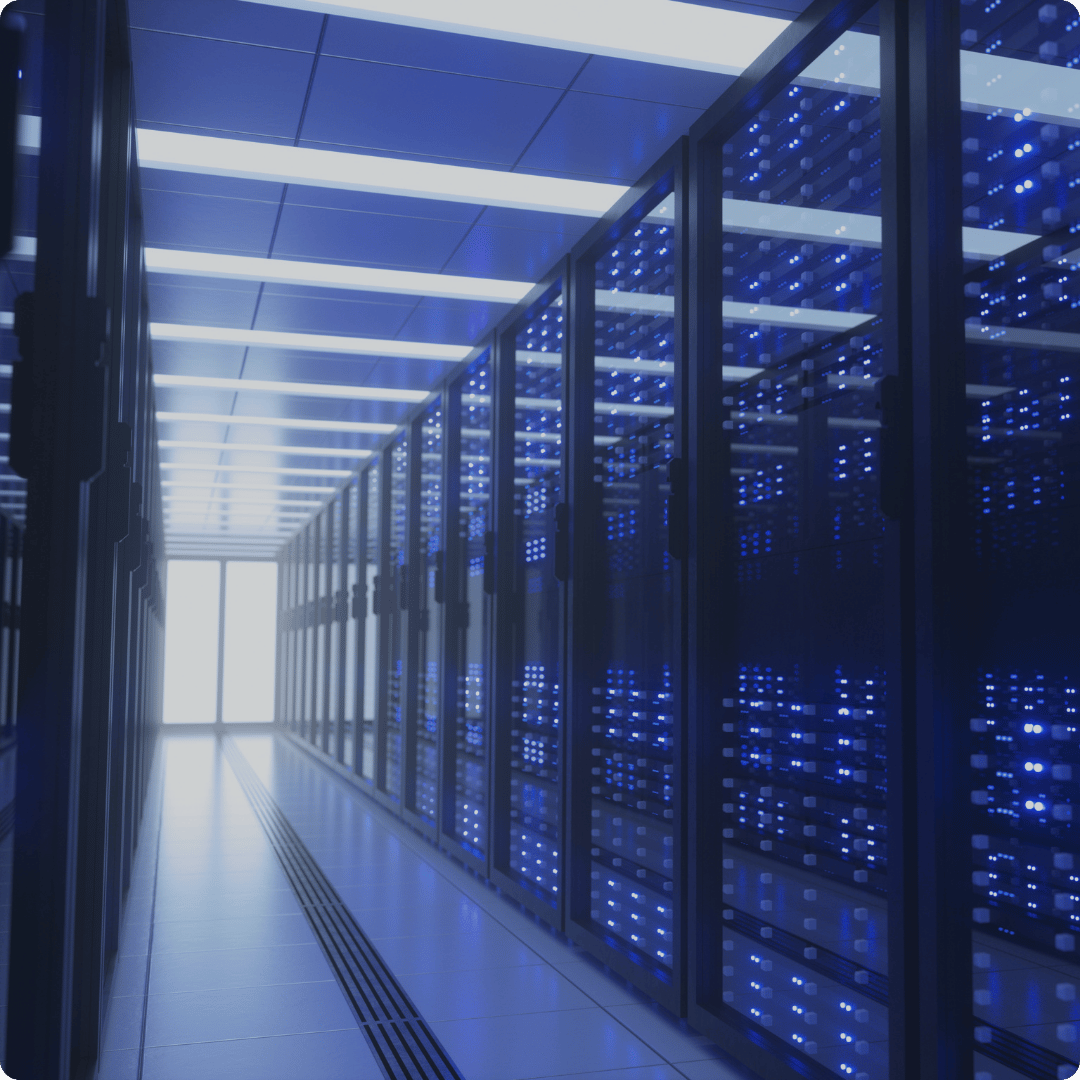In our increasingly interconnected world, data has become a proverbial backbone that strengthens innovation and transforms our daily lives. At the very heart of this digital revolution lie data centers – the unsung heroes that store, process, and deliver the lifeblood of the modern economy.
However, maintaining optimal conditions within these data hubs is no easy feat. Additionally, the rise of AI and the growing computational demands it brings have placed unprecedented strains on traditional cooling systems. Ultimately, data center cooling technology has become a critical differentiator.
By offering specialized cooling solutions, you can position yourself as a vital partner to data center operators. Furthermore, your ability to offer cutting-edge solutions to key destinations around the world can make or break your business.
Data Center Cooling and The Importer of Record (IOR) Dilemma
Here’s where many data center cooling service providers hit a roadblock. You might assume that the data centers themselves would handle the importing of your equipment.
However, this is rarely the case. Data centers are focused on their core operations and typically don’t want to take on the complexities and risks associated with importing specialized equipment.
This leaves you, the data center cooling service provider, with two options:
Import the equipment yourself
Partner with an Importer of Record (IOR)
The Risks of Self-Importing for Data Center Cooling Providers
While importing your own data center cooling equipment might seem like the most straightforward option, it comes with significant risks and challenges:
- Regulatory Compliance: Navigating the complex web of international trade regulations, especially for dual-use technologies like advanced cooling systems, can be a minefield.
- Customs Delays: Without expert knowledge of local customs procedures, your equipment could face significant delays at borders, potentially jeopardizing your relationships with data center clients.
- Financial Risks: Incorrect documentation or classification can lead to unexpected taxes, duties, or even fines.
- Resource Drain: Managing the importing process in-house can divert valuable resources from your core business of developing and selling cooling solutions.
- Limited Global Reach: Establishing a legal entity in every country you wish to sell to is impractical and limits your ability to respond quickly to global opportunities.
What is Data Center Cooling?
At its core, data center cooling is the process of maintaining optimal temperature and humidity levels within a data center to protect IT equipment from overheating. With the rise of AI and increasing computational demands, traditional cooling systems are being pushed to their limits. This is where you come in.
Did you Know
The Nordic countries (Denmark, Finland, Iceland, Norway, and Sweden) have become increasingly popular destinations for data center operations – leading the charge in green data centers. Among other efficiencies, the cold Nordic climate significantly reduces the need for energy-intensive cooling systems, leading to lower operational costs and a smaller environmental footprint.
The Global Data Center Management Challenge
Data center management teams worldwide are grappling with the need to balance increasing power density with energy efficiency and sustainability goals. Your advanced cooling solutions could be the answer they’re looking for – but only if you can get your equipment to their facilities.
The Hardware Revolution in Data Center Cooling
Advanced data center cooling technologies, such as two-phase liquid immersion cooling, are game-changers, offering unparalleled efficiency and performance. However, these cutting-edge solutions often fall under the category of dual-use technology, which can complicate cross-border trade and market entry.
As a data center cooling service provider, partnering with companies like TecEx that offer entry into new markets and cross-border trade solutions can give you a significant edge in the market.
By leveraging these partnerships, you can more effectively navigate the dual-use technology landscape, turning potential barriers into opportunities for differentiation and growth in the global data center cooling market.

Import Data Center Cooling Equipment Today
Partnering with an experienced Importer of Record (IOR) can help you overcome challenges and expand your global reach more efficiently. Here’s how an IOR can support your business:
- Regulatory Expertise: IORs are skilled in navigating international trade regulations, ensuring your equipment meets all import requirements.
- Streamlined Customs Clearance: With established relationships and a deep understanding of local customs procedures, IORs can reduce the risk of delays.
- Financial Protection: IORs assume the role of importer, protecting you from financial risks like unexpected taxes or fines.
- Global Network: A reputable IOR will have a presence in multiple countries, allowing for swift market entry without the need for you to establish legal entities.
- Focus on Core Business: By outsourcing import complexities to an IOR, you can concentrate on developing and selling advanced cooling solutions.
As data centers continue to proliferate globally, the demand for efficient data center cooling solutions is skyrocketing. By positioning yourself as a provider of cutting-edge cooling technology, you can tap into this lucrative market. Scale your business into new destinations…
Ready to Chill the Digital World with your Data Center Cooling Solution?
The future of data centers is closely tied to innovative cooling solutions. As a provider of data center cooling systems, you can lead this critical revolution. By partnering with global technology leaders like TecEx and utilizing their expertise in international trade, you can extend your advanced cooling solutions to data centers around the world.
Don’t let regulatory hurdles or logistical challenges hold you back. Expand your reach, grow your business, and play a crucial role in advancing data center cooling technology. The world’s data centers are ready for your expertise—now is the time to make a global impact.

